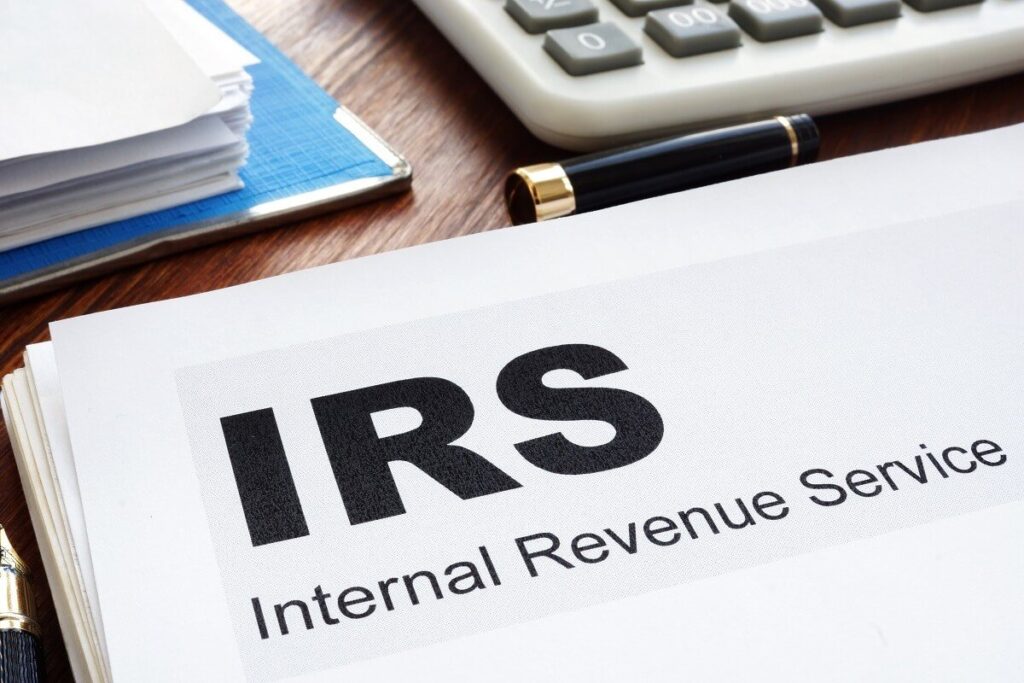As the Internal Revenue Service (IRS) moves forward with its plans to enhance surveillance of cryptocurrency transactions, some worry that it might lead to a surge in crypto confiscations.
A 2022 report published by the Department of Justice (DOJ) in response to President Biden’s Executive Order 14067 reveals how this information may be utilized, pointing to potential consequences for cryptocurrency holders.
With the IRS poised to monitor Americans’ cryptocurrency usage through an expected 8 billion new returns, the DOJ could soon have unprecedented means to seize cryptocurrencies.
In fact, the commission mentioned the need for an enhanced ability to seize cryptocurrencies.
It claimed that there is a need for forfeiting the proceeds of cryptocurrency fraud and manipulation in order to deter and strip wrongdoers of their illicit gains.
Consequently, the DOJ recommends expanding its authority over criminal, civil, and administrative forfeiture, citing the need for more effective tools to deprive offenders of ill-gotten gains and potentially restore funds to victims.
However, the DOJ’s argument for increased seizure capabilities raises questions, considering the government’s demonstrated ability to seize substantial amounts of cryptocurrency in the past.
The report itself acknowledges that between 2014 and 2022, the FBI seized approximately $427 million in cryptocurrency, while the IRS confiscated another $3.8 billion between 2018 and 2021.
These figures exceed $4 billion, suggesting that the government has been successful in cryptocurrency confiscation.
IRS’s Proposal to Monitor Crypto Transactions Could Lead to More Seizures
The IRS’s proposal to monitor cryptocurrency transactions takes on greater significance when considered alongside the DOJ’s report.
The extensive surveillance that the proposal would entail could potentially facilitate an even higher rate of cryptocurrency confiscation.
Specifically, there is some concern regarding the practice of administrative forfeiture, which allows agencies to decide on the forfeiture of property without judicial involvement.
This means that agencies do not have to prove to a judge that a crime has been committed to seize the property.
The DOJ has praised administrative forfeiture as an efficient way to allocate government resources and reduce burdens on the federal judicial system.
From 2000 to 2019, administrative forfeitures accounted for 78% of the DOJ’s total forfeitures.
With the IRS gathering vast amounts of data on Americans’ cryptocurrency usage, there is potential for the DOJ to discover new avenues for cryptocurrency confiscation, even without concrete evidence of a crime.
It is worth noting the US government is one of the largest holders of Bitcoin, which it has amassed through a series of seizures related to criminal activities.
According to data from Glassnode, the US is sitting on a stash of around 210,000 coins, valued at around $5.5 billion.
The figure is quite remarkable, considering that the total supply of bitcoin is capped at 21 million coins.
Read the full article here













